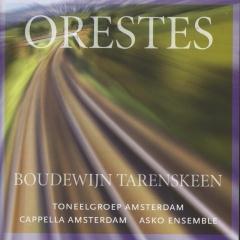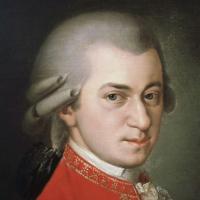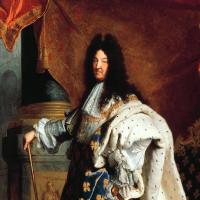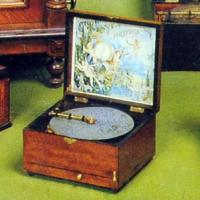The only surviving theater trilogy from ancient Greece is the tragedies surrounding Orestes of Aischylos. He was one of the three greatest tragedy poets of ancient Greece, along with Sophocles and Euripides. In Agamemnon (the first part of the trilogy) the king of the same name is murdered by his wife Clytimestra in retaliation for her sacrificed daughter Ifigenia. In Sacrifice of the Dead (part
… 2), Agamemnon's son Orestes takes revenge on his mother. By this act, the avenger brings upon him the wrath of the spirits. At the very end of the trilogy, the evil spirits are turned into Good Spirits (part 3), at the hands of the goddess Athena. With this politically correct ending, Aischylos met the Athenian spectators: they naturally liked to see the goddess of the city in a supreme, but virtuous role. In his tone of this tragedy, composer Boudewijn Tarenskeen consulted both Aischylos and Euripides, leaving out the positive ending. At Tarenskeen, the past remains present: Orestes' experience is presented as a labyrinth of ruins from which the hero is unable to escape. Is Orestes responsible for what he did, or was he just a plaything of the gods? "Blood, absorbed by the nourishing soil, has congealed into a lump of revenge that does not dissolve," the epilogue said. The performance takes place on several levels, where Orestes is played by two actors (Pierre Bokma and Hugo Koolschijn), while baritone Charles van Tassel portrays the hero as an opera figure. The lyrics of the choir are sung in German, because Tarenskeen associates this language with standardized art. The performers of this performance are the Toneelgroep Amsterdam, Cappella Amsterdam and the Asko Ensemble (HJ)more






